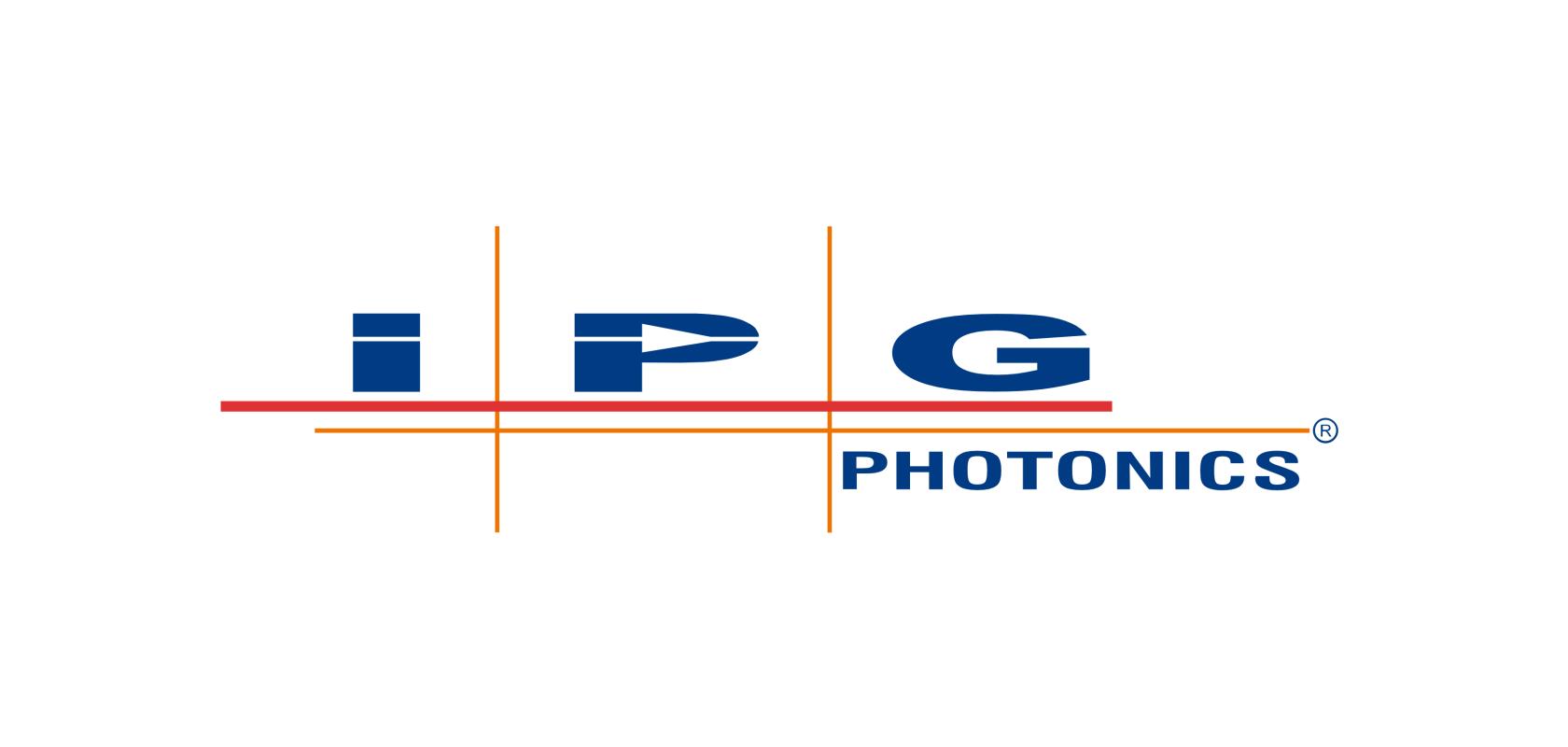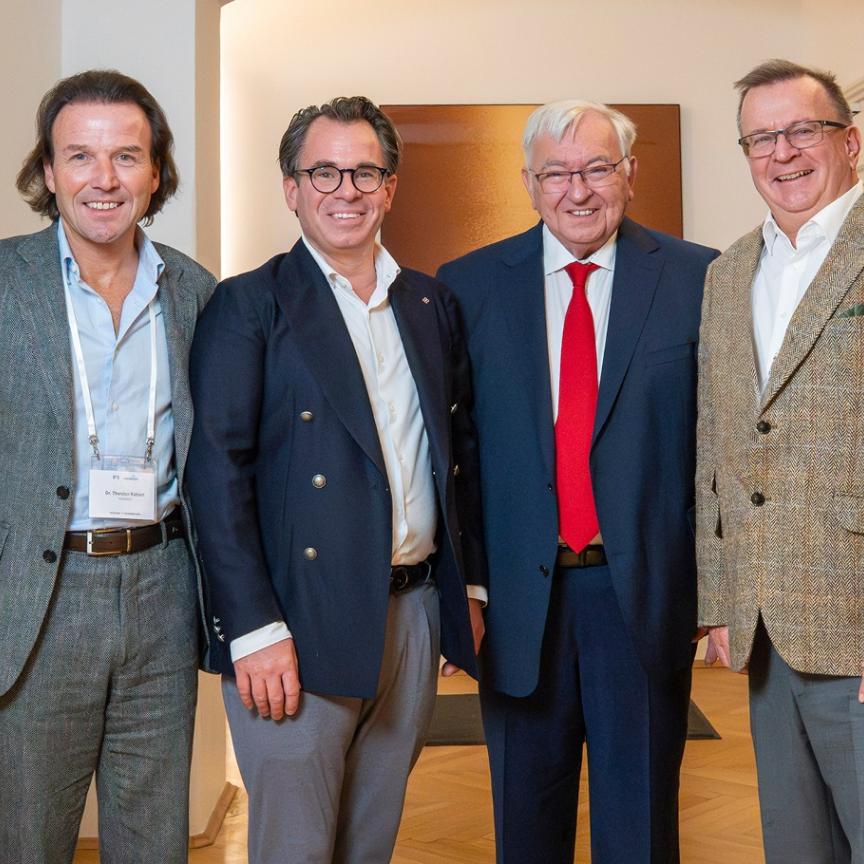With the sale of its Russian subsidiary, IRE-Polus, IPG Photonics has finalised its exit from the sanction-imposed territory.
IPG Photonics Corporation has announced the $51m sale of its entire interest in the Russian subsidiary IRE-Polus, following imposed US sanctions on trade with the country.
With China representing IPG Photonics’ largest market in 2021 – accounting for 38% of the fibre laser manufacturer’s sales figures – and the company’s main Russian complex outside Moscow supplying approximately $100m of finished products to China, the transition of manufacturing operations has been problematic.
By increasing manufacturing capacity and inventories of critical components in Germany, the US and through qualifying third-party suppliers from 2022, IPG Photonics hoped to enact a shift in manufacturing responsibilities, reducing the reliance on its Russian operations.
“Our team executed flawlessly to transition our manufacturing operations after the war’s outbreak without any impact to our customers. Our ability to respond to adverse events out of our control highlights the resilience of the company as we were able to lean on our global manufacturing capabilities to increase production in Germany, the US and Italy and start production in Poland,” said Dr. Mark Gitin, IPG Photonics’ CEO. “With the sale of our Russian operations behind us, we are focusing on optimising our operations to drive improved productivity.”
Loss of revenue for IPG Photonics
With IRE-Polus revenue accounting for less than 5% of IPG’s full-year revenue, the loss of the Russian plant is expected to cause a drop in third-quarter revenue – compared to previous guidance – by an estimated $5m.
Meanwhile, the company expects to record between $195m to $210m in estimated charges: $60 - $65m relating to the carrying value of net assets of IRE-Polus in excess of the net proceeds received on the sale, and $135 - $145m relating to the cumulative translation adjustment component of other comprehensive income included in the shareholders equity.
Photonics in Russia
Other major companies to either reduce operations or cut ties completely with the Russian market in order to comply with international; regional or national sanctions, and to minimise exposure to geopolitical tensions, include Carl Zeiss, Coherent, Edmund Optics, Jenoptik, NKT Photonics, Thorlabs and Trumpf. Many of these companies have redirected their focus on alternative regions, to continue to support their global customers.
Earlier this year, Russian Prime Minister Mikhail Mishustin identified photonics and laser technologies amongst others in a set of key development goals for the country. Speaking in May 2024, Mishustin stated: “The government has supported a number of studies in photonic and laser technologies, including the production of a line of solid-state lasers and fibre-optic systems for telecommunications. It is imperative to determine a set of actions designed to increase this promising sector.”


